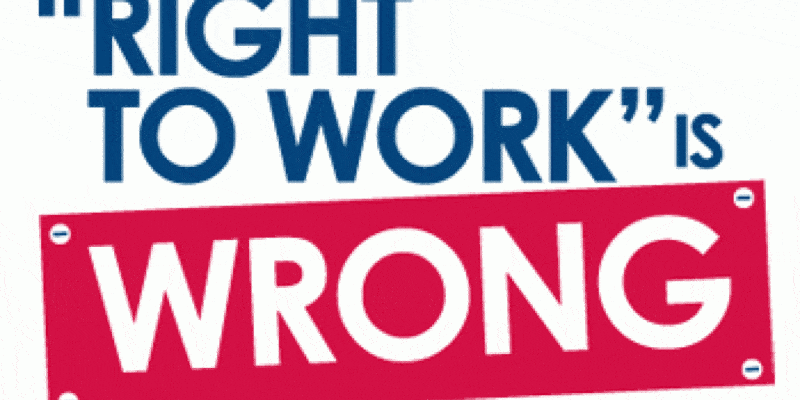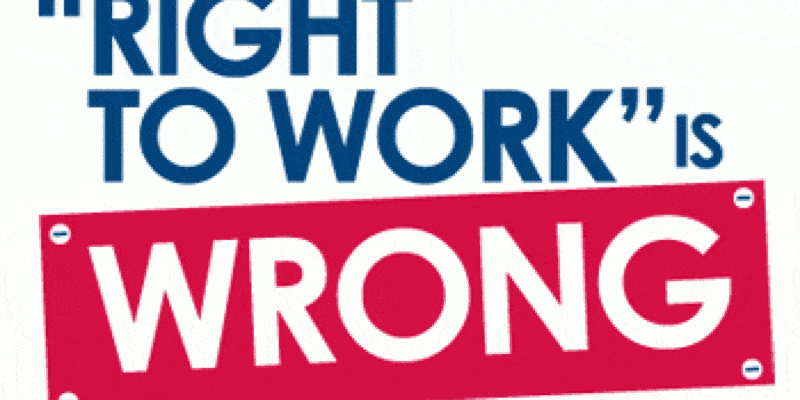Michael Zoorob
Department of Government, Harvard University
Abstract
Objective – Economic policies can have unintended consequences on population health. In recent years, many states in the USA have passed ‘right to work’ (RTW) laws which weaken labour unions. The effect of these laws on occupational health remains unexplored. This study fills this gap by analysing the effect of RTW on occupational fatalities through its effect on unionisation.
Methods – Two-way fixed effects regression models are used to estimate the effect of unionisation on occupational mortality per 100,000 workers, controlling for state policy liberalism and workforce composition over the period 1992-2016. In the final specification, RTW laws are used as an instrument for unionisation to recover causal effects.
Results – The Local Average Treatment Effect of a 1% decline in unionisation attributable to RTW is about a 5% increase in the rate of occupational fatalities. In total, RTW laws have led to a 14.2% increase in occupational mortality through decreased unionisation.
Conclusion – These findings illustrate and quantify the protective effect of unions on workers’ safety. Policymakers should consider the potentially deleterious effects of anti-union legislation on occupational health.







